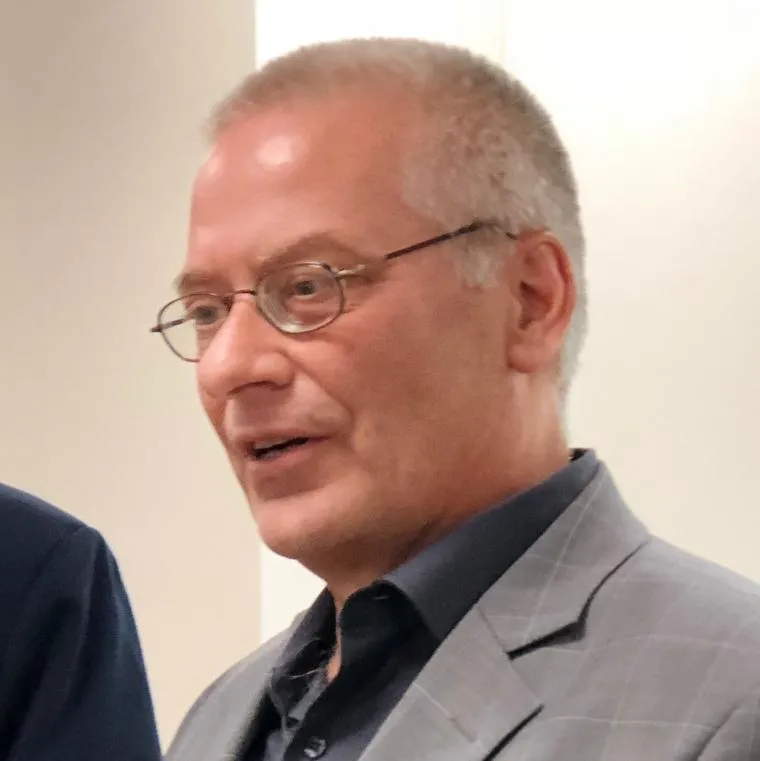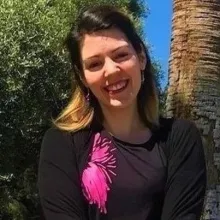William Paul Simmons

Note: Titles and affiliations appear as they were at time of award.
Expanding the Campus and Global Reach of Problem-Based Learning Beyond Borders
I have developed an innovative and much-praised pedagogy branded Problem-Based Learning Beyond Borders (PBL-BB). It involves engaging students, faculty, and community members in real-world problems raised by community members, especially marginalized communities. It has served as the backbone of our very successful online graduate program in Human Rights Practice which requires students to complete community-engaged activities in each course, with many courses emphasizing how to work ethically and responsibly with marginalized communities. My CUES project will further develop this pedagogy and expand its use at UArizona and globally. The project will contribute to scholarship on faculty adoption of innovative pedagogies, connect to other action learning initiatives on campus, and inform the upcoming a new PBL-BB-based BA Degree in Human Rights Practice. This question is also pressing within the framework of the COVID-19 crisis, which has stimulated interest in cutting-edge online pedagogies especially those involving the community.

Sophie S. Alves
Graduate Research Associate, College of Social & Behavioral Sciences
Sophie S. Alves is a PhD candidate in Mexican American Studies at the University of Arizona, and a graduate research associate in professor William Simmons' project Expanding the Campus and Global Reach of Problem-Based Learning Beyond Borders. Her work in the project ensures that students from historically marginalized communities can carve their own space within the academic system and thus pursue a long and fruitful path to success at the university level. It also aims at participating in the retention and graduation of those students.
Project Outcomes
The 2-year period of the CUES fellowship on refining and expanding the reach of Problem-Based Learning Beyond Borders was very productive. It is expected that this project will continue for years and lead to wide and lasting impacts in higher education pedagogy and curriculum. During the fellowship period, the Global Human Rights Direct website was polished and is now ready to be widely advertised. Three presentations were made (all virtual because of COVID) related to decolonial pedagogy at academic conferences and workshops. An edited version of the IVEC Conference presentation was included in the formal conference proceedings. At least 10 faculty from other universities around the globe are excited to continue collaborations on refining the decolonial inventory and developing best practices for its deployment in various contexts. This is expected to be a genesis of a research team on assessing the decoloniality of pedagogy and curriculum, and will likely lead to further conference presentations and several academic articles. Due in part to the CUES fellowship, a collaboration was also made possible with colleagues Leonard Hammer and Liudmila Klimanova in developing a cutting-edge collaborative and transnational pedagogy entitled Multi-Nodal Problem-Based Learning (MN-PBL).
Next steps will include holding a second virtual workshop with an international human rights education association to further brainstorm about the decolonial instrument. The reflexive critical consciousness scale currently in development will be revised to decide on a best course of action for getting feedback on that project. The Decolonial Pedagogy landing page on GHRD will also be fleshed out, encouraging scholars to help refine the new assessment instruments and provide updates on best practices for their use. Future plans also include making a CUES-sponsored presentation for a wider university audience on decolonizing pedagogy and curriculum, including faculty adoption of active learning and decolonizing strategies. In the 2022-2023 academic year, at least two more scholarly presentations will be made on this project at appropriate conferences. Lastly, preparations will be made for the publication of at least two manuscripts. It is expected that these manuscripts will be in two types of journals - those devoted to active learning, and those focused on human rights education.
Publications
Hammer, L., Simmons, W., Klimanova, L., Ed. Elliott, K. (2021). Multi-Nodal Virtual Exchange (VE) Pedagogy Across Continents. International Virtual Exchange Conference: Conference Proceedings.
Presentations
JUN 2023: Decolonizing Online and In-Person Pedagogy and Curriculum: Global Mesh Pedagogy and the Decolonial Pedagogy and Curriculum Inventory (Invited Seminar), University of Pretoria, South Africa.
FEB 2023: Developing an Instrument to Gauge the Decoloniality of Curriculum and Pedagogy, CUES Inside UAZ-Funded Scholarship Series, University of Arizona, Tucson, AZ.
NOV 2022: Brainstorming Workshop: Decolonizing Curriculum and Pedagogy in Human Rights and Beyond - Part 2, The University and College Consortium on Human Rights Education (UCCHRE) Workshop, Virtual.
MAY 2022: Brainstorming Workshop: Decolonizing Curriculum and Pedagogy in Human Rights and Beyond, The University and College Consortium on Human Rights Education (UCCHRE) Webinar, Virtual.
MAR 2022: Multi-Nodal Project-Based Learning in Central Asia: Avenues for Engagement, Innovative Practices and Pedagogies for Teaching Undergraduate International Development Studies Workshop, Tobias Center for Innovation in International Development, Indiana University Bloomington, Virtual.
OCT 2021: Multi-Nodal Virtual Exchange (VE) Pedagogy Across Continents, 2021 International Virtual Exchange (IVEC) Conference, Virtual.
Products
Simmons, W., Alves, S., Chen, D., Hammer, L. (2020). Decolonial Pedagogy and Curriculum Inventory (DPCI). A Project of University of Arizona’s Human Rights Practice Program.

